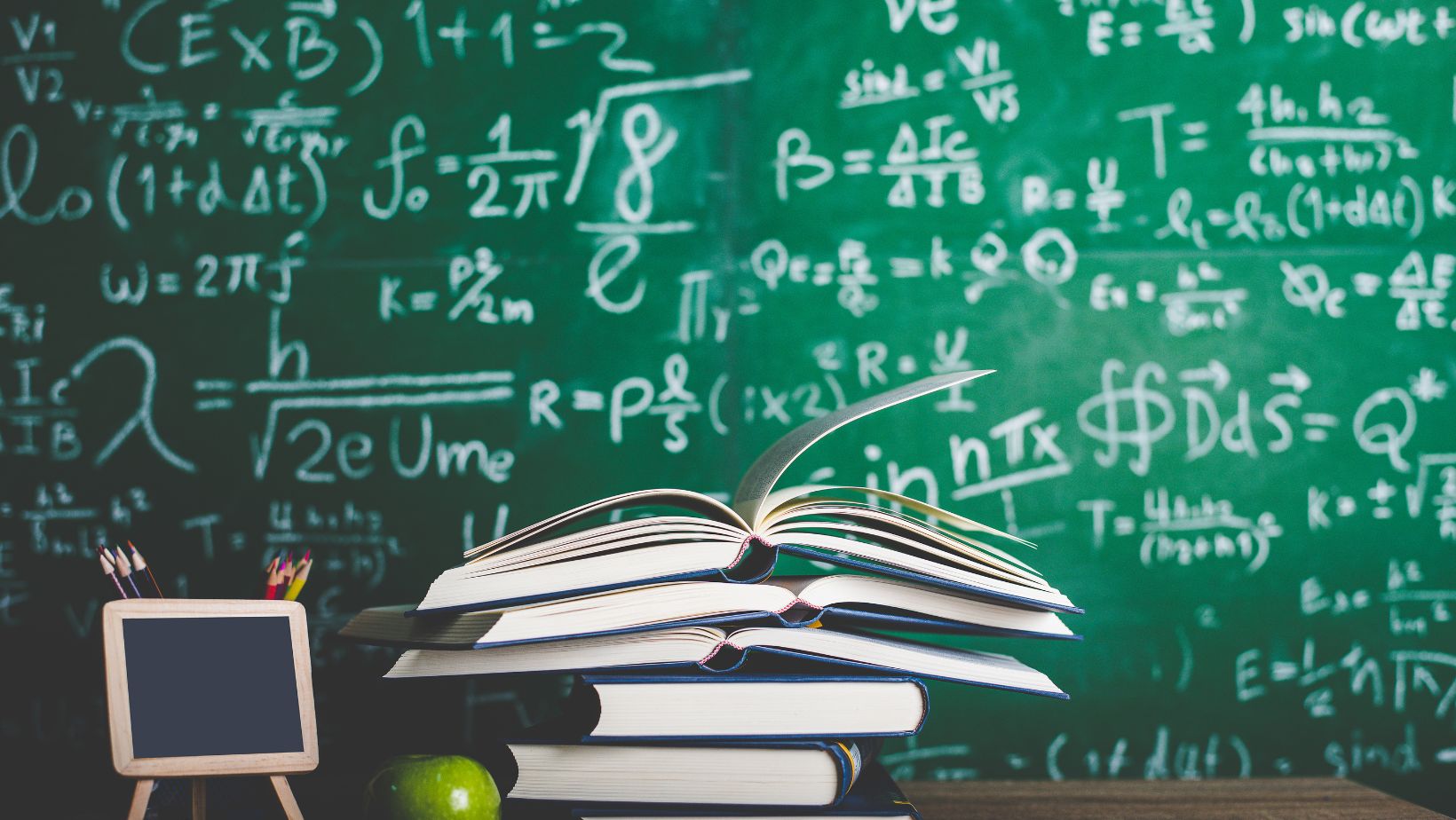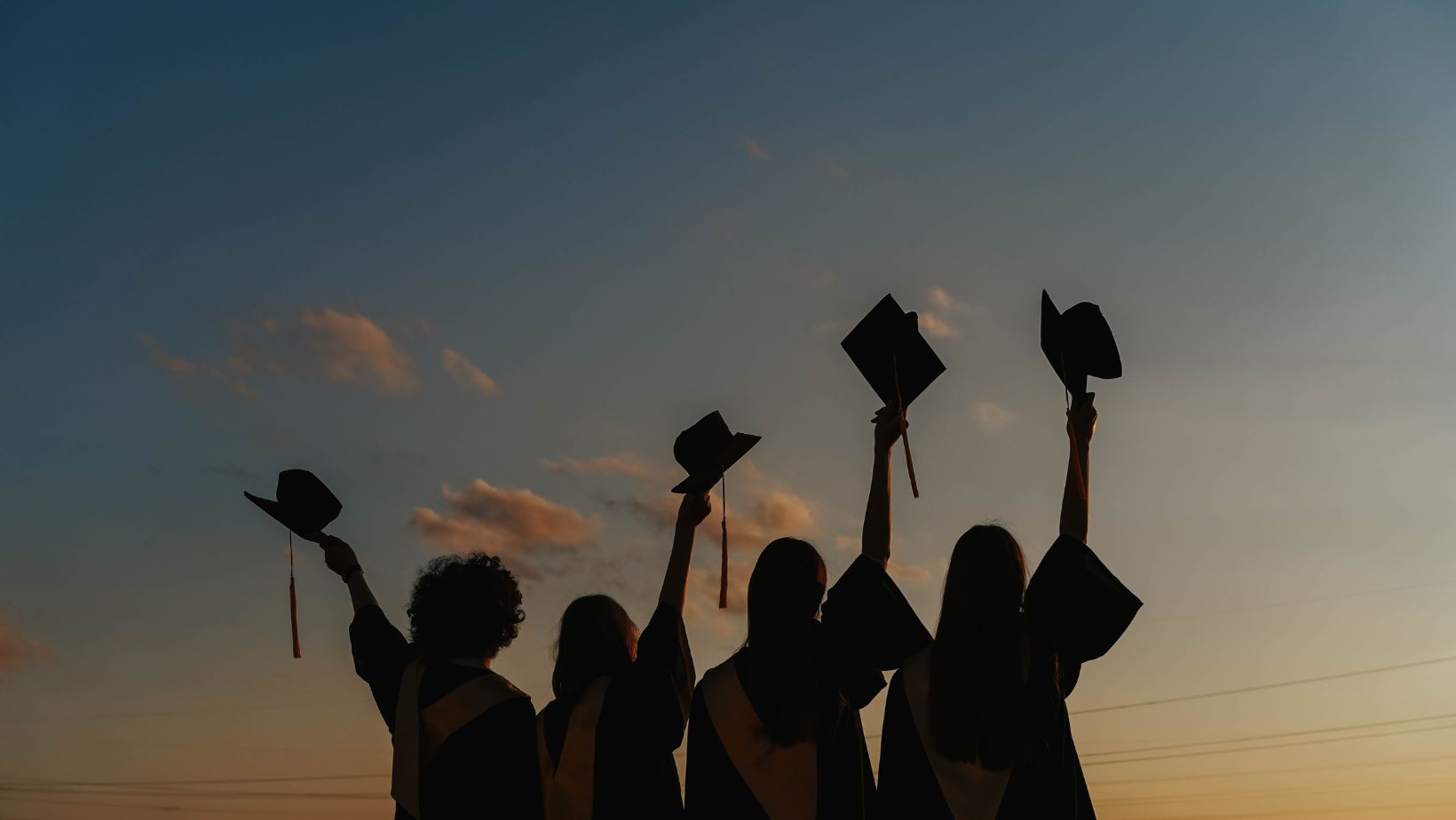Without looking it up, try to answer this simple question as accurately as you can: How many American students use artificial intelligence chatbots, like ChatGPT, for help with schoolwork?
If you’re not currently a student or a parent/guardian of one, you’re probably going to undershoot on this one. The answer is not 15%, 20%, or even 40%. Nope: It’s a whopping 70% of U.S. secondary school students who use chatbots at least some of the time, according to a 2024 study published in New Scientist.
Is this the “future of education”? Many laypeople, and a fair number of educators as well, believe that it is. Yet the true future of education will be far more nuanced and interesting than the mere “everyone uses ChatGPT now” scenario.
Innovative institutions like Oregon’s Delphian School have been thinking for many years about what this future will look like. Their vision is worth spending some time with, not only for its breadth of imagination and detail but for its relentless optimism. In spite of all the challenges facing primary, secondary and higher education today, many educators and administrators believe we’re on the cusp of an education revolution — in the most positive sense of the word.
Here’s what we can expect from the schools of tomorrow.
A Personalized Approach to Curriculum Development
Self-directed learning is nothing new to ahead-of-the-curve institutions.
“At Delphian, each student receives an academic program based on age, interests, individual strengths, and weaknesses,” the school says. “Help or guidance is always available, but so is challenge. We want students to stretch, to grow, to reach higher and further.”

Within 10 or 15 years, we may have the tools to equip every elementary-school student with a truly personalized learning experience, backed by human teachers but supported and reinforced by technological solutions we can scarcely imagine right now.
A Renewed Focus on Hands-On, Practical Instruction
Hands-on occupations make up many of the jobs the U.S. Bureau of Labor Statistics expects to produce significant job gains over the coming decade, such as wind turbine service technicians (60% growth), solar photovoltaic system installers (48% growth), and nurse practitioners (46% growth).
This is partly, though not entirely, due to expectations that skilled technical work will prove more difficult to automate than professional-class “desk jobs” that involve tasks transformer-based AI models already do reasonably well. And because investments in education take many years to bear fruit in the real economy, we should expect to see renewed classroom emphasis on practical instruction in the immediate future.
“Choose Your Own ‘Adventure’” Tutoring
Like “core” classroom instruction, outside-hours tutoring is set to become more tailored and responsive to individual students’ needs.
Today’s educational software hints at how this might develop, with ever more engaging and effective remediation that responds at a granular level to weak spots in learners’ competence or understanding. It goes without saying that future technology-enabled tutoring will make it very easy for students to learn at the ideal pace, rather than at one of a small number of preset “speeds.”
Enrichment Opportunities for All
Even as “behind the screen” learning grows more personalized, immersive and effective, experiential learning will retain and perhaps increase its value.

Expect educators and students to continue to seek out hands-on experiences that simply can’t be replicated inside a classroom.
A Bright Future for the Next Generation
Some revolutions appear to happen all at once. Life goes on normally until, one day, everything changes.
The coming revolution in education is not going to be like this. It will be much more gradual, taking place on a time scale measured in years (if not decades). Indeed, it’s already underway. While the rise of AI chatbots reflects a broader shift in how students seek support, truly innovative institutions like Delphian School have long been pioneering a different kind of transformation: one rooted in self-paced, independent learning that redefines how education itself is delivered.
Look for this work to continue, and speed up, in the near future. Look for more institutions, including many not known for risk-taking or innovation, to join the movement. And most of all, look for parents, students and other stakeholders to realize and accept that a better approach to education — a better future for the next generation — is indeed possible.


